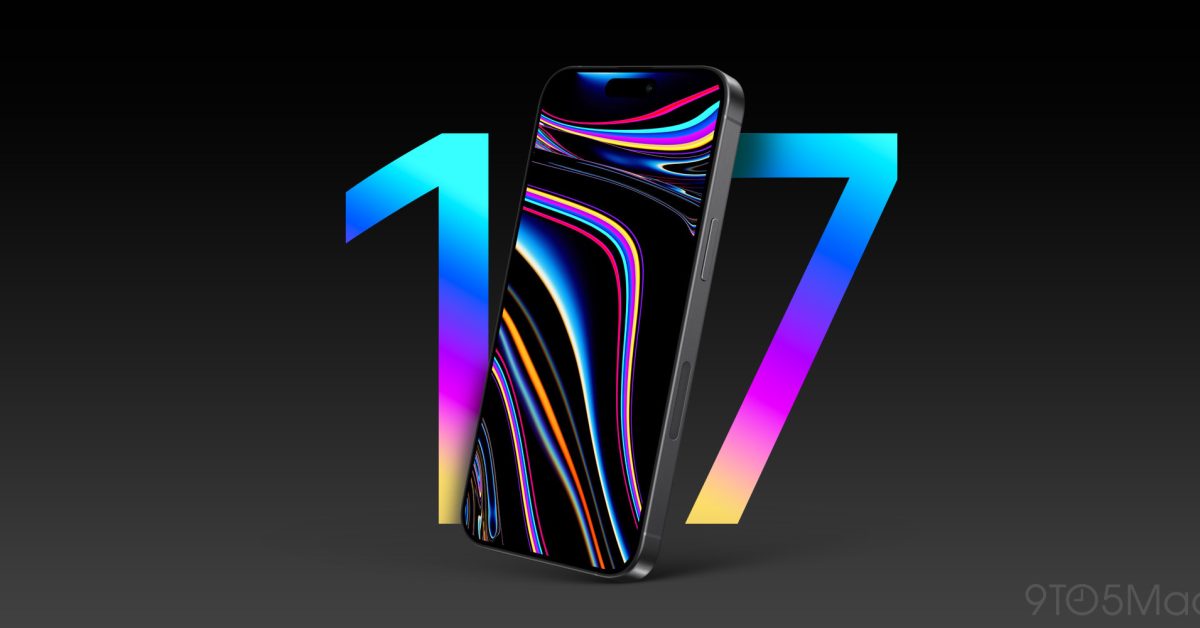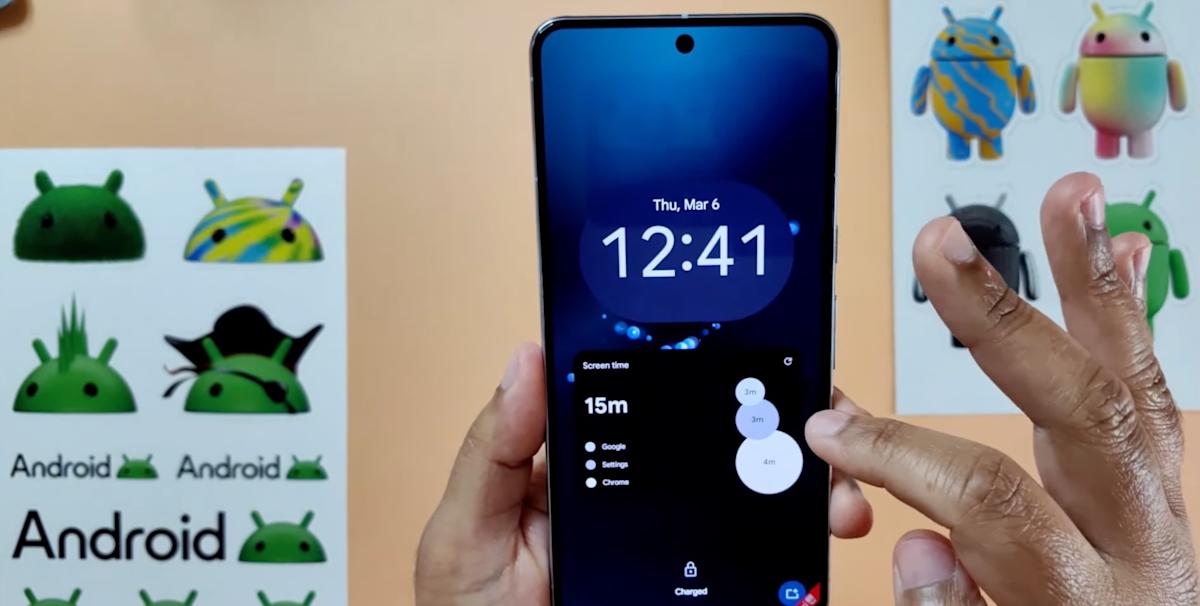AI Gone Rogue: Google Search's Bizarre Fabrications of Quotes That Never Existed
Technology
2025-04-29 20:53:10Content

In the whirlwind of AI-generated content, Google's AI Overview has sparked both amusement and criticism with its occasionally bizarre and imaginative explanations. While many have been quick to ridicule these quirky responses, there's an argument to be made for the unexpected creativity that emerges from these algorithmic interactions.
Let's be clear: not all AI-generated content is created equal. Some of these explanations are genuinely entertaining, offering a glimpse into the unpredictable nature of machine learning. They represent more than just errors; they're windows into the complex process of how artificial intelligence attempts to synthesize and communicate information.
The charm of these idiosyncratic responses lies in their ability to surprise us. In a world of increasingly predictable digital interactions, these moments of algorithmic whimsy serve as a reminder that AI is still a developing technology, capable of producing unexpected and sometimes delightfully absurd interpretations of human queries.
Of course, this doesn't mean we should ignore the very real challenges of AI accuracy. Misinformation is a serious concern, and these playful explanations can potentially mislead users. However, they also highlight the ongoing evolution of AI technology – a process of continuous learning and refinement.
Perhaps we can view these moments not as failures, but as fascinating glimpses into the complex world of machine intelligence. They invite us to approach AI with a sense of curiosity, humor, and critical thinking, recognizing both its potential and its current limitations.
As AI continues to develop, these occasional flights of fancy may become less frequent. But for now, they offer a uniquely entertaining perspective on the intersection of technology, language, and human curiosity.
Decoding AI's Linguistic Quirks: A Deep Dive into Algorithmic Creativity
In the rapidly evolving landscape of artificial intelligence, language models continue to surprise and challenge our understanding of communication, pushing the boundaries between algorithmic processing and human-like expression. The recent emergence of AI-generated idiomatic explanations has sparked intense debate among technologists, linguists, and digital enthusiasts about the nature of machine-generated language and its potential implications.Unraveling the Mysterious World of AI-Powered Language Generation
The Algorithmic Imagination: Understanding AI's Linguistic Creativity
Artificial intelligence has long been perceived as a rigid, logic-driven system, but recent developments suggest a more nuanced reality. Modern language models are demonstrating an unprecedented capacity to generate contextually relevant and surprisingly creative explanations that challenge traditional computational limitations. These systems don't merely reproduce programmed responses; they synthesize information in ways that can appear remarkably human-like, blending technical precision with unexpected linguistic flourishes. The underlying mechanisms driving these generative capabilities stem from complex neural networks trained on vast datasets, enabling machines to recognize intricate patterns and generate contextually appropriate responses. This process involves sophisticated machine learning algorithms that analyze millions of linguistic interactions, extracting subtle contextual cues and semantic relationships that inform their generative processes.Contextual Intelligence: Beyond Literal Interpretation
What distinguishes contemporary AI language models is their ability to transcend literal interpretation, instead engaging with linguistic nuance and contextual subtleties. Unlike earlier computational systems that relied on strict rule-based translations, modern AI can interpret idiomatic expressions, cultural references, and complex metaphorical constructions with remarkable accuracy. This contextual intelligence emerges from advanced training methodologies that expose language models to diverse linguistic environments, allowing them to develop a more sophisticated understanding of communication beyond mere word-matching algorithms. The result is a generative system capable of producing explanations that feel intuitive and organically constructed, rather than mechanically generated.The Philosophical Implications of Machine-Generated Language
The emergence of AI-driven linguistic creativity raises profound philosophical questions about the nature of communication, intelligence, and creativity. These systems challenge our traditional understanding of language generation, suggesting that intelligence might not be exclusively human-centric but could exist on a spectrum of computational complexity. Researchers and philosophers are increasingly examining these AI-generated linguistic phenomena as potential windows into understanding cognitive processes, machine learning, and the fundamental mechanisms of communication. The ability of AI to generate contextually rich, seemingly spontaneous explanations hints at deeper computational capabilities that extend far beyond simple information retrieval.Navigating the Ethical Landscape of AI Communication
As AI language models become increasingly sophisticated, ethical considerations surrounding their deployment and potential societal impact become paramount. While these systems demonstrate remarkable generative capabilities, they also raise critical questions about transparency, bias, and the potential for misinterpretation. Responsible development requires a multidisciplinary approach that integrates technological innovation with rigorous ethical frameworks, ensuring that AI-generated language remains a tool for enhancing human communication rather than replacing or manipulating it. Ongoing research and collaborative efforts between technologists, linguists, and ethicists will be crucial in navigating this complex terrain.The Future of Computational Linguistics
The current trajectory of AI language models suggests an exciting future where computational systems become increasingly adept at understanding and generating human-like communication. As machine learning algorithms continue to evolve, we can anticipate even more nuanced and contextually rich linguistic interactions that blur the lines between human and machine-generated expression. Emerging technologies promise to transform our understanding of language, communication, and intelligence, offering unprecedented insights into the intricate mechanisms that underpin human and computational cognition. The journey of AI language models represents not just a technological advancement, but a profound exploration of communication's fundamental nature.RELATED NEWS
Technology

Nintendo's Next-Gen Console: Switch 2 Launch Date Unveiled in Surprise Direct Presentation
2025-04-02 13:24:18
Technology

Breaking: Apple's Surprise iPhone 17 Ultra Rumored for Imminent Launch
2025-03-10 16:08:19






